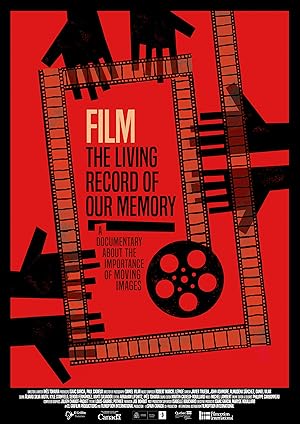Film: The Living Record of Our Memory (2022)

- HD 1080
- Runtime: 120m.
- Status: Released
1
- Languages: en
- Country: Canada, Spain
- Director: Inés Toharia Terán
- Stars: Ann Adachi-Tasch, Margaret Bodde, Serge Bromberg, Te-Ling Chen, Benjamin Chowkwan Ado
- keywords: film preservation, film archives
- Production_studio: El Grifilm Productions, Filmoption International
- providers: Kino Film Collection
- The Film: The Living Record of Our Memory is featured in the top rankings of 2022
- #44 in Top Documentary Movies of 2022
Why are we still able, today, to view images that were captured over 125 years ago? As we enter the digital age, audiovisual heritage seems to be a sure and obvious fact. However, much of cinema and our filmed history has been lost forever. Archivists, technicians and filmmakers from different parts of the world explain what audiovisual preservation is and why it is necessary. The documentary is a tribute to all these professionals and their important work.